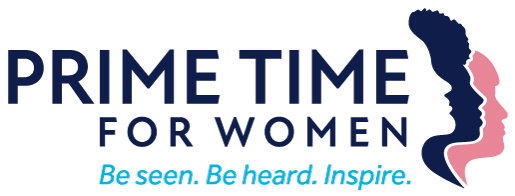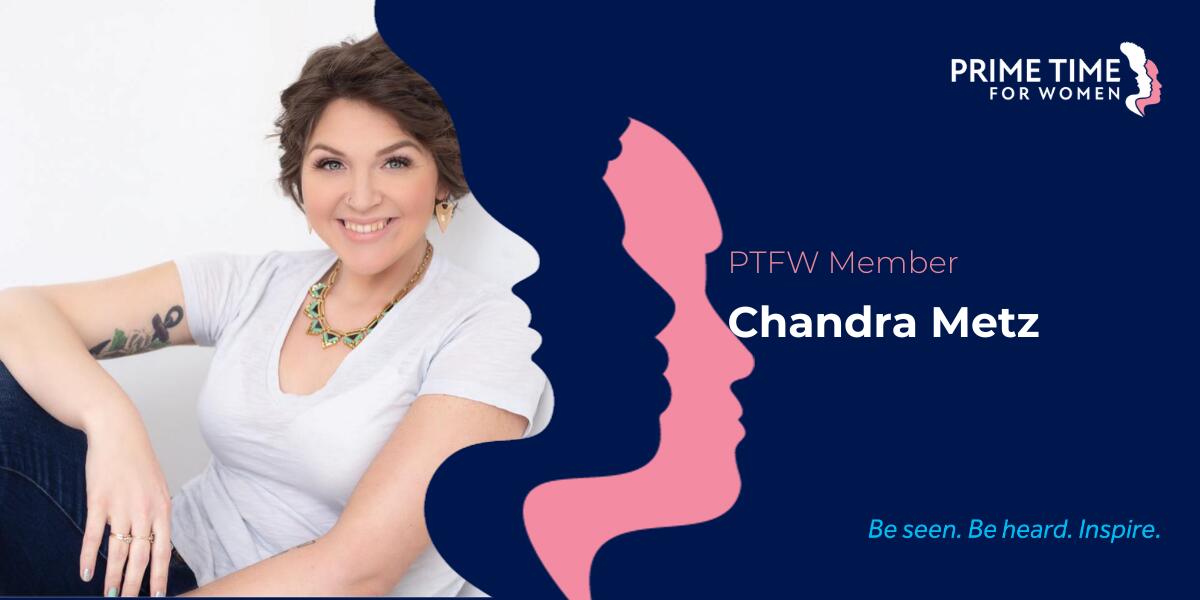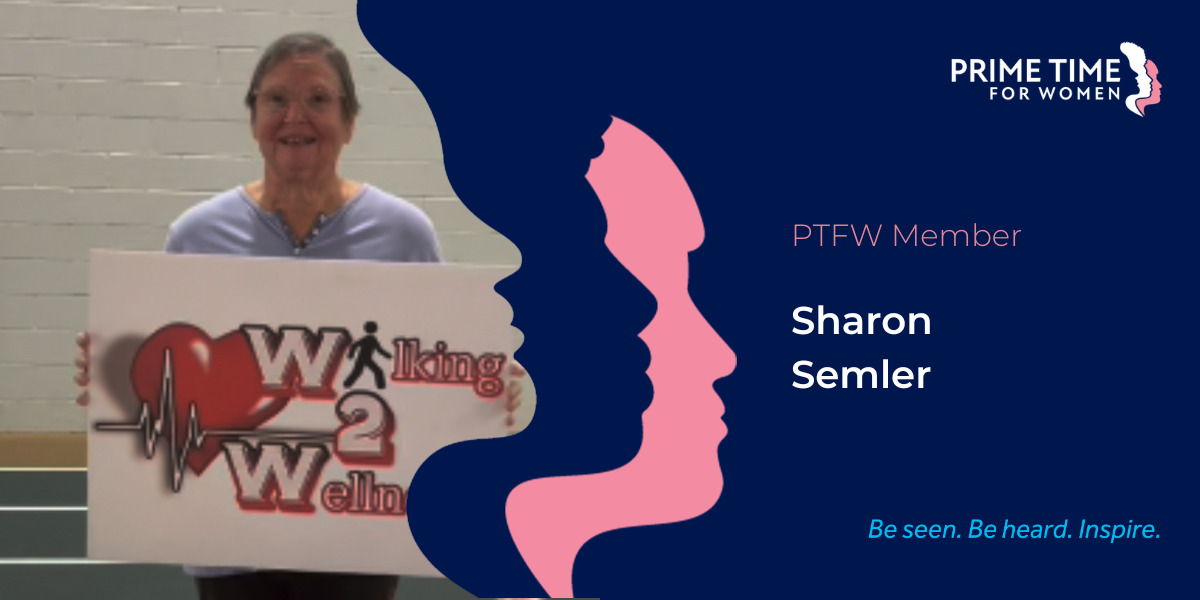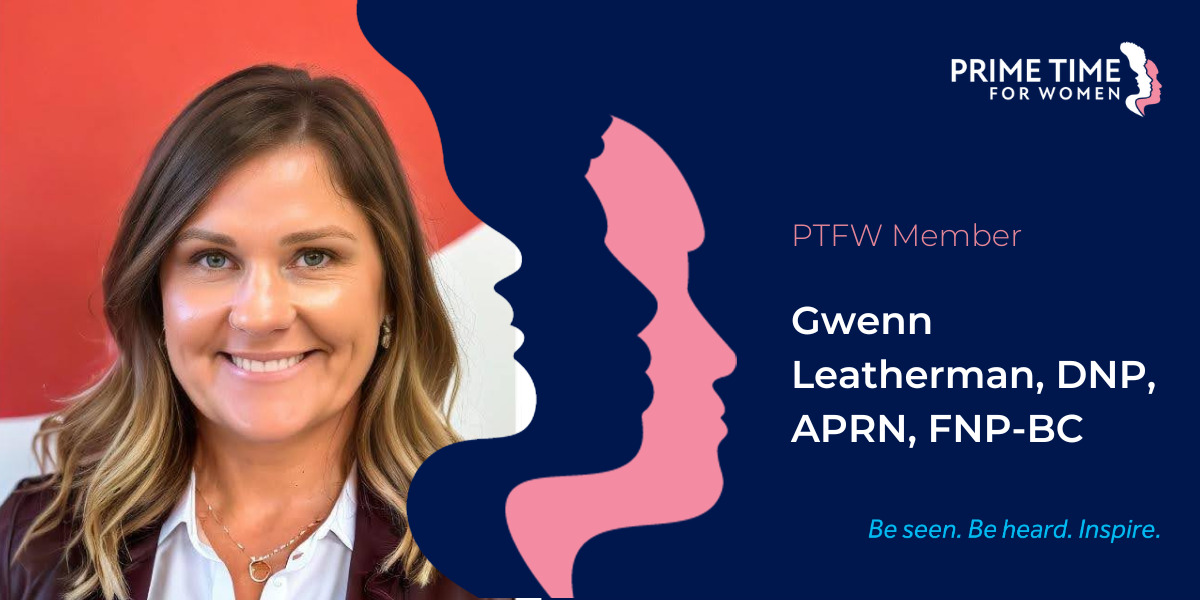Picture it, Sicily...1912...Juuuust kidding! It was more like Hagerstown, 2011. I'd already spent 28 YEARS…
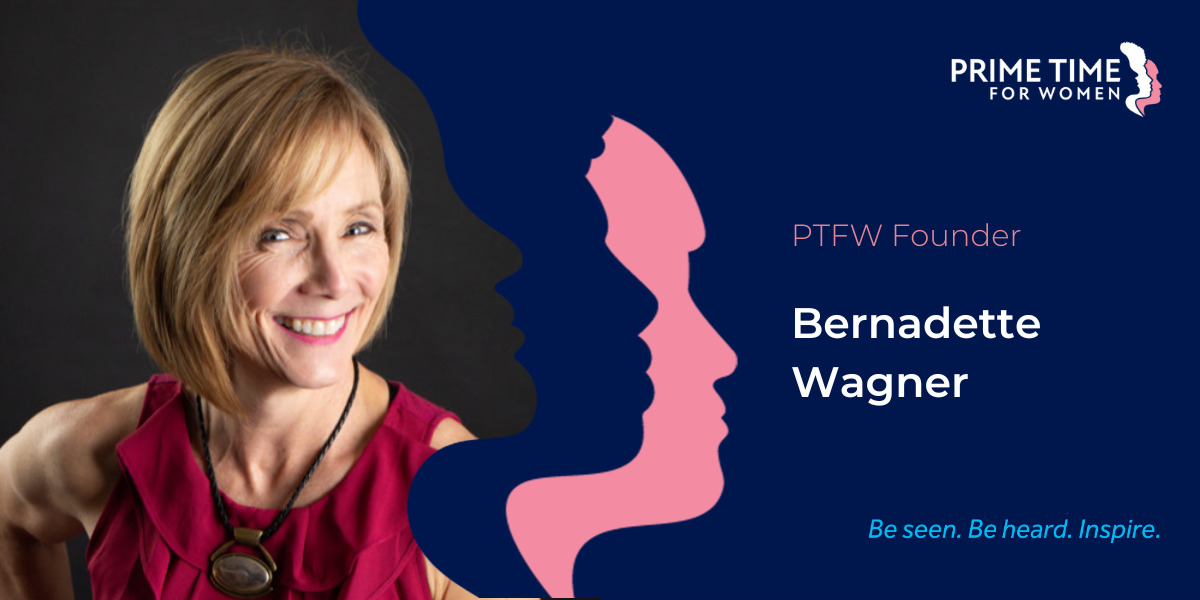
Positivity Impacts Aging
As a little girl, I was called a “Pollyanna.” I considered it a compliment since my mother said it meant that I had a tendency to find good in everything. Fast forward 60 years. I am still me; I haven’t changed much. But the meaning of Pollyanna has taken on a somewhat negative connotation.
By nature, I’m still fairly positive and upbeat, especially when, in my role as the founder of Prime Time for Women, I talk about aging. But what was once considered a compliment is now an insult. When it comes to aging, I’ve been told that I am “ridiculously optimistic and unrealistic.” A dear friend once said, “You’re a Pollyanna and in denial about aging.” Somehow, in talking about the beauty and meaning I find in this stage of life I’ve come to be regarded by some as naïve or even deluded. I liked the little girl I was, but I really like the woman I’ve become in my prime!
Let them talk…I don’t care in the least! According to Dr. David Sinclair, professor of genetics at Harvard Medical School, “People with more positive attitudes about growing old tend to live longer and healthier lives than those with negative thoughts about aging. In fact, the National Institute for Health reports that older individuals with more positive self-perceptions of aging, measured up to 23 years earlier, lived 7.5 years longer than those with less positive self-perceptions of aging.
Do you want to feel younger than your age and develop a more positive attitude about aging? If you answered, “yes” then try incorporating these healthy practices into your daily life:
- Reduce anxiety. Practice gratitude. My husband and I, over dinner each night, share one thing from that day for which we are grateful. Try keeping a Gratitude Journal. I like the idea of writing in my journal just before going to bed. I fall asleep feeling peaceful, calm, and grateful.
- Stay connected. Spend time with friends and family on a regular basis. What you do doesn’t matter, it’s the time spent with others that improves physical and mental health outcomes. Meet up for exercise, join a book or crafting club, take a class, or start a dinner club where you take turns cooking for and sharing meals with friends. As we at Prime Time for Women always say, “Connections Matter!”
- Challenge yourself. Believe that it is never too late for you to pursue a goal or long-held dream. Setting a goal provides purpose and direction. Explore interests centered on self-development, growth, and connecting with others. Whether your goal is to walk a mile a day or run a marathon, learn to bowl, or speak a second language, working on a goal fosters a sense of accomplishment and increases self-satisfaction and self-confidence.
- Get a job or volunteer. Working and volunteering provide opportunities to prove, that regardless of age, you have much to offer. Working can provide daily structure and regular opportunities to use leadership skills and connect with clients, colleagues, and the public. Working and volunteering provide opportunities to actively use your mental skills, such as problem-solving and breaking down complex tasks. It also demonstrates to the world, and maybe even more importantly to yourself, that your contributions are needed.
- Reject stereotypes. According to the World Health Organization, ageism is more prevalent than racism and sexism combined. You can do your part to challenge false beliefs about aging by living your life to the fullest. Remember age does not dictate ability, skill, or desire to succeed.

